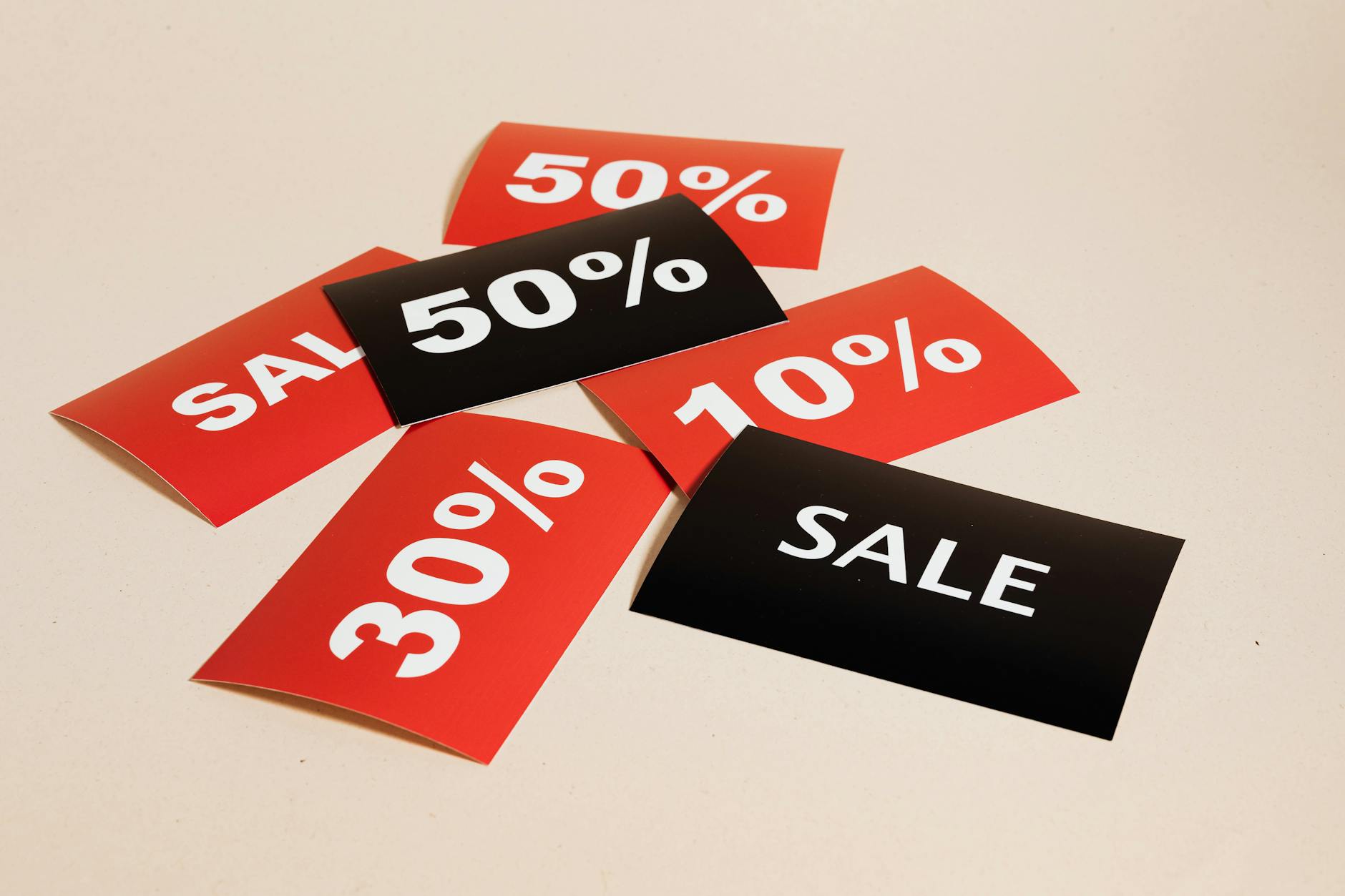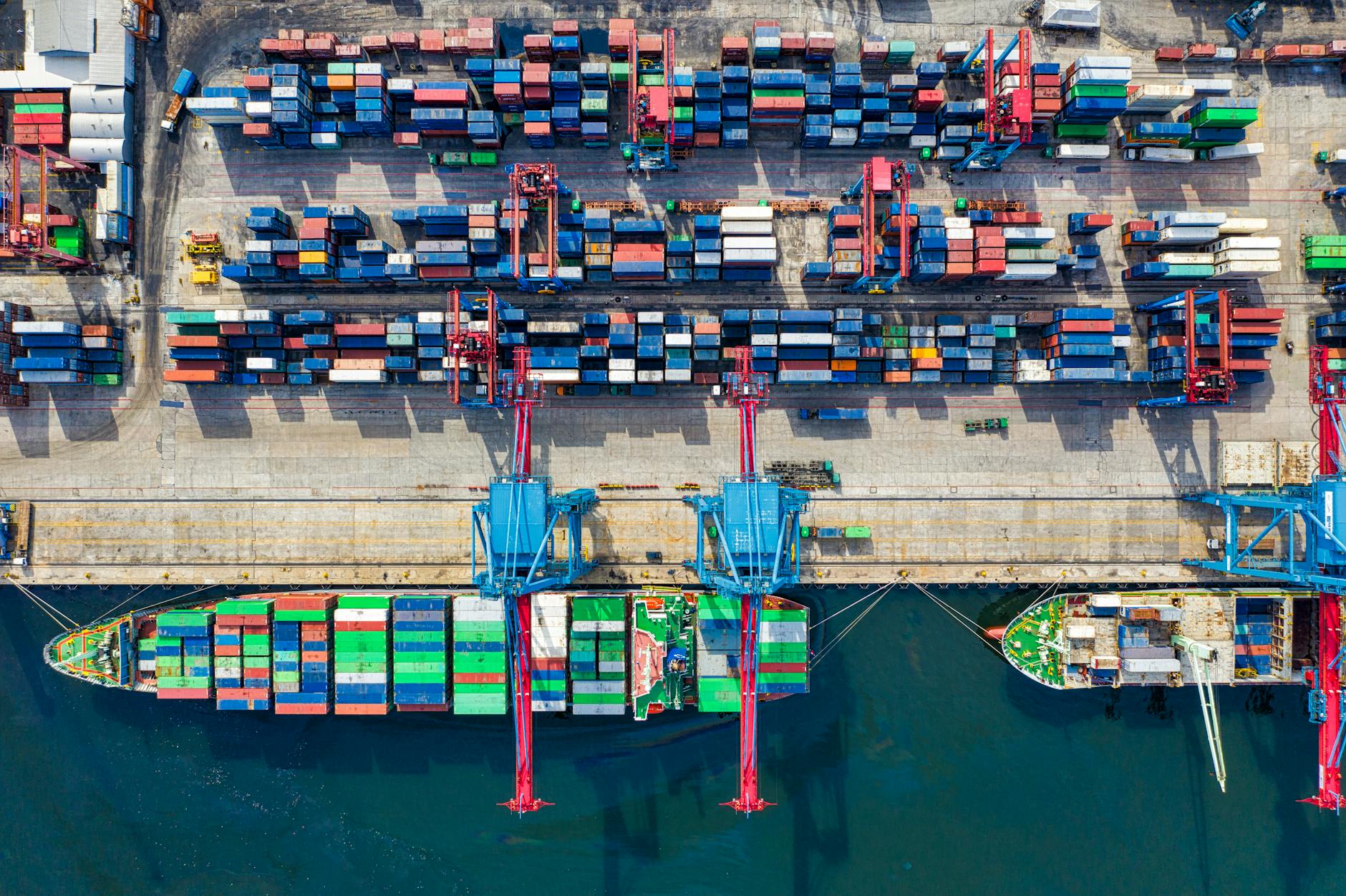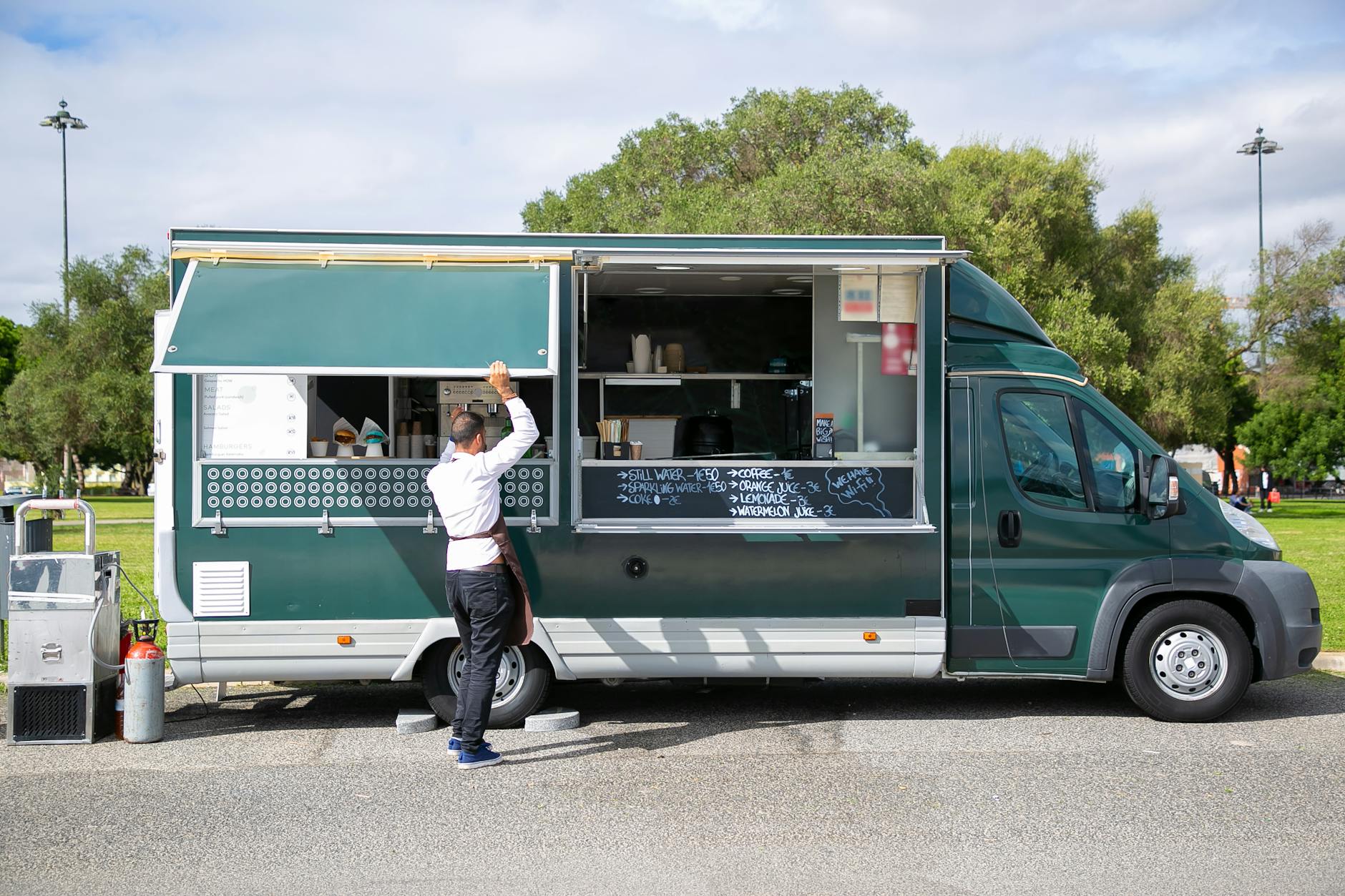

Welcome to our guide to the world of Business-to-Business (B2B) within the Fast-Moving Consumer Goods (FMCG) sector. In this comprehensive article, we’ll explore the meaning of B2B in the FMCG industry, shedding light on the intricate dynamics of B2B sales and the evolving e-commerce trends in this sector.
As we delve into the bustling world of the FMCG sector, it’s crucial to grasp what sets B2B apart from its B2C counterpart. In this space, businesses engage in a strategic tango, where the exchange of products or services is a well-choreographed routine designed to meet specific business needs and goals. This forms the backbone of the FMCG B2B supply chain, where each transaction is part of a broader narrative, emphasizing the importance of relationships and strategies that drive them.
Transitioning from the fundamental understanding of B2B dynamics in the FMCG sector, let’s zoom into the heart of the matter - the B2B sales processes. In the FMCG landscape, the B2B sales journey is less about quick transactions and more about cultivating long-term relationships. It’s a process steeped in collaboration, where understanding the business needs and goals of another company takes center stage.
Stepping into the digital age, e-commerce has become a game changer in the FMCG B2B landscape. It has revolutionized the way business-to-business transactions take place, offering new opportunities and challenges in this dynamic industry.
Fast-moving consumer goods (FMCG) refer to products that are sold quickly at relatively low cost. They encompass items like packaged foods, beverages, toiletries, over-the-counter drugs, and other consumables. FMCG products are ubiquitous in our daily lives, from your morning cup of coffee to the toothpaste you use before bed.
FMCG items have a rapid turnover due to their high demand, low shelf life, and frequent purchase. They are designed to be quickly consumed, purchased, and replaced. Think about the daily essentials you pick up at the grocery store - they are classic examples of FMCG because they are used regularly and need to be restocked frequently.
FMCG matters because they fulfill our everyday needs, making our lives convenient and comfortable. They cater to our daily routines, serving as building blocks of our lifestyle. By recognizing the significance of FMCG, we can better understand the economy and our consumption patterns. It’s fascinating to reflect on how these products influence our daily rhythm and contribute to the bustling nature of the modern world.
 Photo by Karolina Grabowska
Photo by Karolina Grabowska
Understanding the Basics of B2B B2B, or Business-to-Business, is all about companies doing business with each other. It involves transactions between businesses, rather than between a business and individual consumers. This could include a company purchasing raw materials from another company to manufacture products, or a wholesaler selling products to a retailer. The key point here is that B2B transactions are at the core of the business world, driving economies and industries forward.
Distinguishing B2B vs. B2C In the world of e-commerce, a fundamental distinction is made between B2B and B2C (Business-to-Consumer) transactions. While B2B transactions are business-focused, involving bulk orders and specialized products or services tailored to business needs, B2C transactions are consumer-focused, usually involving individual customers purchasing products or services for personal use. Understanding the contrast between these two types of transactions is essential for anyone looking to navigate the complex landscape of modern commerce.
 Photo by Essow K
Photo by Essow K
This distinctive nature of B2B transactions plays a pivotal role in shaping the supply chain dynamics, influencing everything from procurement strategies to inventory management. The B2B supply chain forms the backbone of industries, driving efficiency and innovation.
In the fast-moving consumer goods (FMCG) sector, the Business-to-Business (B2B) supply chain plays a vital role in ensuring a seamless flow of goods and services. Understanding why businesses prefer to purchase from other businesses and the power of partnerships in FMCG is crucial in comprehending the dynamics of this sector’s supply chain.
When it comes to FMCG, businesses opt to buy from other businesses to fulfill their own production and distribution needs. This is because B2B transactions often involve larger quantities, specialized products, or raw materials required for manufacturing consumer goods. For instance, a FMCG company may procure packaging materials from another business to package their products for retail sales. Furthermore, B2B purchases in the FMCG sector are often driven by the need for cost-effective and efficient procurement of goods and materials, enabling businesses to meet consumer demand effectively.
Partnerships play a pivotal role in driving success within the FMCG supply chain. Collaborative relationships between businesses lead to enhanced efficiency, innovation, and competitive advantage. In the FMCG sector, partnerships between suppliers, manufacturers, and distributors facilitate the seamless movement of goods from production to the end consumer. For instance, a partnership between a FMCG company and a logistics provider ensures timely delivery of products to retail outlets, contributing to customer satisfaction and brand loyalty. These alliances create a network of support that fosters growth and sustainability within the FMCG supply chain, ultimately benefiting businesses and consumers alike.
 Photo by Decheng
Photo by Decheng
The FMCG (Fast-Moving Consumer Goods) Business-to-Business (B2B) supply chain involves the complex journey of products from production to consumption. It encompasses the movement of goods from manufacturers to wholesalers, distributors, and retailers, ultimately reaching the end consumer. Understanding this supply chain is crucial for businesses operating in the FMCG sector.
The journey of an FMCG product through the B2B supply chain is multifaceted. It typically begins at the manufacturing facility, where raw materials undergo processing and packaging. Once the products are ready for distribution, they move to the wholesalers, who act as intermediaries between manufacturers and retailers. From wholesalers, the products reach distributors responsible for delivering items to various retailers. Finally, the products are made available to consumers through retail outlets, cafes, or supermarkets.
 Photo by Tom Fisk
Photo by Tom Fisk
The key players in the FMCG B2B supply chain include manufacturers, wholesalers, distributors, and retailers. Manufacturers are responsible for producing goods and ensuring their quality. Wholesalers purchase goods in bulk from manufacturers and sell them in smaller quantities to retailers. Distributors play a pivotal role in transporting products to different retailers, ensuring a steady supply to meet consumer demand. Lastly, retailers make the products available to consumers through brick-and-mortar stores or online platforms.
 Photo by Pixabay
Photo by Pixabay
In the fast-moving consumer goods (FMCG) industry, the business-to-business (B2B) sales process is akin to running a marathon, not a sprint. It requires strategic planning, persistence, and a keen understanding of the art of B2B sales. One of the fundamental aspects of this process is the art of relationship building.
The B2B sales process in the FMCG sector involves more than just transactional interactions. It is about fostering mutually beneficial relationships with retailers, distributors, and other business partners. The emphasis is not solely on making a quick sale, but rather on nurturing long-term connections that result in sustainable business growth. To succeed in this marathon, B2B sales professionals need to be adept at identifying the unique needs of each business partner and offering tailored solutions that add value.
Building strong relationships is the cornerstone of successful B2B sales in the FMCG industry. It requires patience, active listening, and a genuine interest in understanding the challenges and goals of each business partner. By establishing trust and demonstrating reliability, sales professionals can position themselves as valuable allies rather than mere vendors. The goal is to become a trusted advisor, fostering loyalty and long-term collaboration.
 Photo by Kampus Production
Photo by Kampus Production
The digital revolution has brought significant transformations to the FMCG B2B supply chain, particularly through the advent of e-commerce. It has reshaped the way business is conducted, offering new opportunities and challenges for companies operating in the FMCG sector.
Unlike traditional sales operations, where orders were manually processed, e-commerce platforms have introduced the concept of “shopping carts” to B2B transactions. This digital shopping cart functionality allows businesses to streamline the ordering process, manage bulk purchases, and track shipments efficiently. It’s akin to a virtual shopping cart where businesses can add items, review quantities, and place orders with ease, enhancing the overall procurement experience.
E-commerce has disrupted the traditional dynamics of B2B transactions in the FMCG industry. It has facilitated seamless communication and transactions between suppliers and distributors, eliminating geographical barriers and time-zone constraints. This shift towards digital platforms has fostered greater transparency, efficiency, and accessibility in the B2B supply chain, enabling companies to respond to market demands with agility and precision.
In the fast-moving consumer goods (FMCG) sector, the business-to-business (B2B) supply chain is evolving with futuristic trends shaping its trajectory.
The future of B2B in FMCG is set to be revolutionized by advanced technologies and innovative strategies. From the expanding role of artificial intelligence (AI) in demand forecasting and supply chain management to the integration of blockchain for transparent and secure transactions, the landscape is primed for transformation. As businesses increasingly prioritize sustainability, eco-friendly packaging solutions and ethical sourcing practices will become essential factors driving B2B decisions in the FMCG space.
Cutting-edge innovations are set to redefine B2B operations in the FMCG domain. The utilization of big data analytics to derive actionable insights, coupled with the implementation of predictive analytics for accurate demand projections, will optimize inventory management and streamline distribution channels. Furthermore, the incorporation of augmented reality (AR) and virtual reality (VR) into sales and marketing processes will create immersive experiences, revolutionizing product presentations and consumer engagement.
 Photo by Google DeepMind
Photo by Google DeepMind
As FMCG B2B markets embrace digital transformation, the convergence of innovative technologies and sustainable practices will steer the industry towards a dynamic and prosperous future.
Understanding the dynamics of Business-to-Business (B2B) in the Fast-Moving Consumer Goods (FMCG) sector is essential for anyone looking to navigate this bustling industry. B2B sales processes in the FMCG industry are not just about quick transactions; they are about cultivating long-term relationships and understanding complex business needs. The emergence of e-commerce has become a significant game-changer, reshaping the landscape of FMCG B2B transactions. As the industry continues to evolve, grasping the intricacies of B2B in the FMCG sector will be crucial for success in this dynamic and rewarding field.